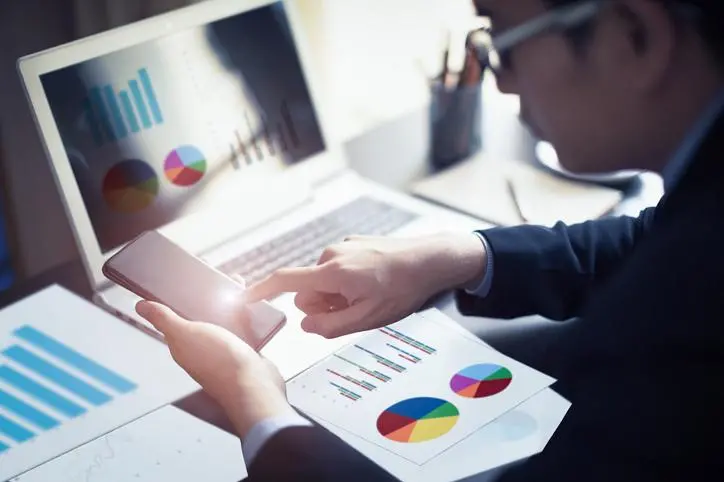PHOTO
SAN FRANCISCO - A U.S. curb on Chinese research partnerships risks undermining American technology efforts. The Donald Trump administration is putting more Chinese universities on blacklists, making it risky for American entities to work with them. Concern about academic spying for Beijing is valid, but the latest measures discourage ties with a growing leader in fields like artificial intelligence and biotech.
Even amid rising tensions with Beijing, American universities were still a popular destination for Chinese researchers and professors. The number of visas given to people covered in those areas rose by almost 30% in 2018, to more than 50,400, according to the Department of Homeland Security.
But the U.S. government is cracking down on academic collaboration. In April, Justice Department officials warned that Chinese intelligence have sent “thousands” of people posing as students or professors to U.S. colleges for economic espionage. In response, schools including Massachusetts Institute of Technology said they were reviewing their Chinese collaborations.
Also in April, Renmin University and Tongji University were among 37 Chinese entities put on an “unverified” list, making it harder for American counterparts to work with them. Other colleges, such as Sun Yat-sen University, are on the stricter entity list that effectively bars American schools from partnering with them. Authorities have also sounded the alarm about China’s Thousand Talents Program, which has recruited about 6,000 scientists from abroad since 2008. Texas Tech University recently warned its staff to be “very circumspect” about participating in the program.
Tightening oversight to guard against espionage makes sense. But erecting broad barriers to academic exchange risks depriving the United States of valuable information and insights.
China is a growing leader in AI, biotech and other fields. Among the top 10% of cited AI research, the share coming from the People’s Republic is expected to surpass that from the United States by next year, according to a March study by the Allen Institute of Artificial Intelligence. It’s also making advances in gene editing and biologics, partly to combat its high rates of cancer and diabetes.
Such know-how isn’t easily replaced. Japan, another AI leader, had about 10,000 researchers and professors obtain U.S. visas in 2018, a fifth as many as China. Cutting off access to Chinese knowledge could wind up hurting America’s own capabilities.
CONTEXT NEWS
- U.S. President Donald Trump said on June 29 that Chinese students studying in America would receive better treatment after increased difficulties in obtaining visas and other challenges. “We want to have Chinese students come and use our great schools, our great universities,” he said after meeting with Chinese counterpart Xi Jinping at the G20 summit in Japan.
- Separately, the U.S. Commerce Department added four Chinese companies and one institute to its entity list, the agency announced on June 24. The organizations are involved in supercomputing and are prohibited from buying American products unless the seller obtains a special license.
- U.S. authorities are also including more Chinese universities on such blacklists. In April, the agency announced it was putting 37 Chinese agencies on an “unverified list,” including Renmin University, Tongji University, Guangdong University of Technology and Xi'an Jiaotong University. American counterparts that want to hire professors or researchers from those schools must conduct additional due diligence while those on the list have to provide evidence of why certain transactions or exchanges are legitimate.
(Editing by Tom Buerkle and Amanda Gomez)
© Reuters News 2019





















